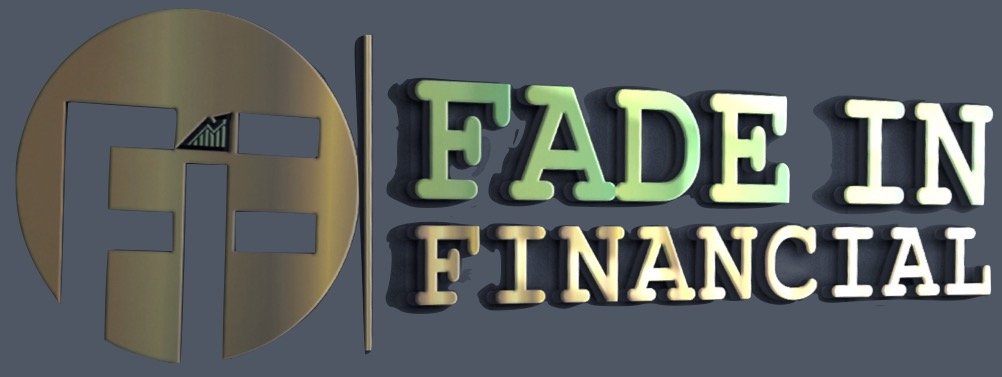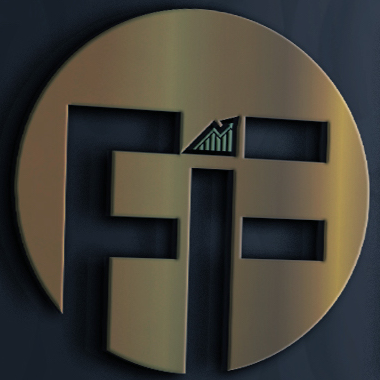Should I Pay Off My Debt Sooner?
“You don’t want me owing you.” - JOHN WICK: CHAPTER 2
Written by Derek Kolstad, Directed by Chad Stahelski
(3-minute read)
It’s a common question. Should I pay more than my minimum? If it was a simple answer you’d already be doing it. I hate to play the “It Depends” card but… it depends. There are too many variables for a yes or no answer. Before we get into the most-common types of debt let’s look at the bigger picture. Your decision to pay off debt actually stems from other debt along with your long-term goals.
THE BIG(GER) PICTURE
If you have debt that means you’ve spent money on something you really wanted or needed. Whether it was for a better education, place to live, clothes to wear, or car to drive, you knew what your goal was if you paid money for this item.
You were looking ahead at the bigger picture. So now that you want to pay off this debt you also have to look at the bigger picture. What’s your goal? What will be accomplished if you pay more per month? What will be accomplished if you don’t?
Don’t forget to consider your emergency fund, maxing out retirement accounts, care for your children or parents, and medical treatments. If it’s better to put money in those areas instead then maybe that’s the better option. You didn’t buy that car just because you heard it was a good idea. So don’t make higher monthly payments for the same reason.
THE MENTAL GAME
I know many people hate having debt. They want to pay it off as quickly as possible because “it’s hanging over my head.” There’s something to be said about the psychological impact of not having debt so that’s something you’ll have to consider.
There’s also the psychological impact of having a place to live, a car to drive, or a higher education (or perhaps nicer versions of those things). So consider that it’s not such a negative thing to pay for those for awhile. If you think about your happiness with and without those things it might make those payments easier to bear.
NOT ALL DEBT IS BAD
As mentioned above, some of the items we’ve purchased on debt aren’t necessarily bad. If you’ve taken on a mortgage then you have a place to live. If you refinanced in 2020 or 2021 then your interest rate is probably really good.
A client sold a script during that time and his take-home pay was going to be around $250,000. He told me that he was going to take $200,000 and put it towards his mortgage because “that’s going to make a big dent in that loan.”
I explained that not all debt is bad and posed this hypothetical scenario: what if, instead, you invested that $200,000 and it earned 10% in a year (not a guarantee, by the way)? You could then pay an additional $20,000 towards your mortgage AND STILL HAVE $200,000!
DEFINE THE DEBT
Credit Card: if they have high interest rates then generally you’d want to pay those off first.
Auto: if you don’t want to have a payment in 4-5 years then consider buying instead of leasing. Looking ahead is important to your financial success in general.
Mortgage: do you plan on living there for more than 10-years? If so, then paying it off sooner might suit your needs.
Other loans: similar to an auto loan, look towards the future when you don’t have those payments. Is the interest too high? If so, then paying it down quickly might be beneficial.
IN THE END
Take other things into consideration before deciding to pay off your debt, especially those associated with your future financial picture. Not all debt is created equal and not all debt is bad. Be patient and do what’s right for you.
If you’d like more information about paying off debt you can schedule a complimentary meeting HERE.
Join the email list and receive the NO NOTES! newsletter with blog/video updates.
For disclosure information: Website Disclaimer
—

